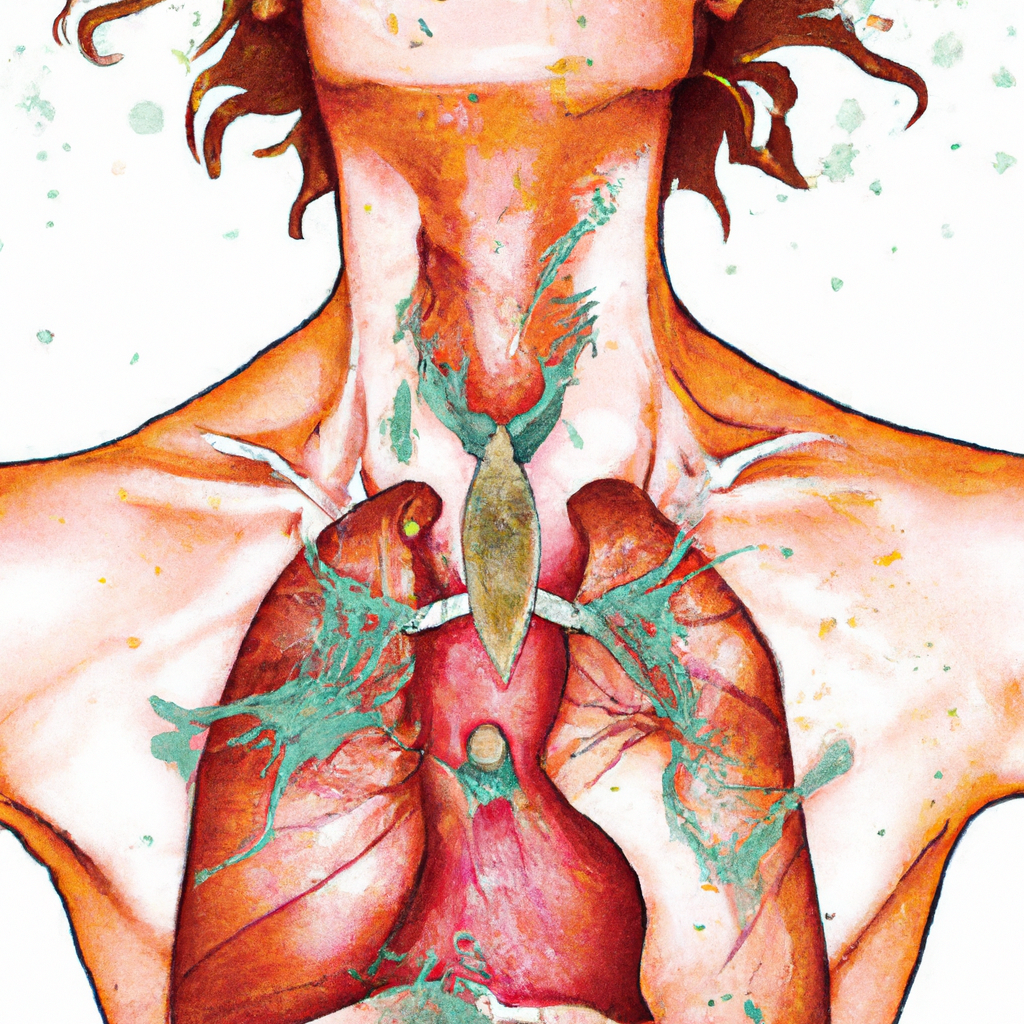Is Your Thyroid to Blame for Fatigue, Hair Loss, Weight Gain or Anxiety? Understanding Thyroid Disorders on World Thyroid Day – Shlok’s Automation
The thyroid, a butterfly-shaped gland located in the neck, is often overlooked in the realm of health. But this small gland plays a pivotal role in regulating the body’s metabolism through the production of hormones. Unfortunately, when this gland is thrown off balance, it can make one feel completely out of sorts. Fatigue, hair loss, weight gain, or anxiety – these could all be signs of a thyroid disorder. On World Thyroid Day, let’s shed some light on these often-misunderstood disorders, their symptoms, and how they can be managed.
Understanding the Role of the Thyroid
The thyroid gland produces two hormones: triiodothyronine (T3) and thyroxine (T4). These hormones play a critical role in how the body uses energy, maintains temperature, and keeps the brain, heart, muscles, and other organs functioning optimally. When the thyroid gland produces too little or too much of these hormones, it can lead to a range of health issues.
Common Thyroid Disorders and Their Symptoms
Hypothyroidism: An Underactive Thyroid
Hypothyroidism is a condition where the thyroid gland does not produce enough of the thyroid hormones. This can slow down the body’s metabolism, leading to a range of symptoms including fatigue, weight gain, constipation, dry skin, hair loss, depression, and an increased sensitivity to cold. Hypothyroidism is often underdiagnosed because these symptoms can be attributed to many other conditions or to aging.
Hyperthyroidism: An Overactive Thyroid
On the other end of the spectrum, hyperthyroidism is a condition where the thyroid gland produces too much of the hormones. This can speed up the body’s metabolism, causing symptoms like rapid or irregular heartbeat, weight loss, irritability, nervousness, sweating, and an intolerance to heat. Like hypothyroidism, hyperthyroidism can also be challenging to diagnose because its symptoms are common to other conditions.
Diagnosis and Treatment of Thyroid Disorders
If you’re experiencing any of these symptoms, it’s essential to consult with a healthcare provider. They will likely conduct a physical examination and may order blood tests to check the levels of thyroid hormones in your body. The good news is that thyroid disorders can often be managed with medication that helps restore the balance of hormones. In some cases, surgery may be necessary.
Apart from medical treatment, some lifestyle changes can also help manage symptoms. Regular exercise, a balanced diet, and adequate sleep can boost overall health and help the body cope better with a thyroid disorder.
Conclusion: Raising Awareness on World Thyroid Day
World Thyroid Day is an opportunity for us to raise awareness about thyroid disorders, their symptoms, and the importance of early diagnosis and treatment. With the right knowledge, we can empower ourselves and others to take charge of our health and ensure our thyroid gland is functioning optimally.
Remember, if you’re experiencing symptoms like fatigue, hair loss, weight gain, or anxiety, don’t brush them off as just stress or aging. It could be your thyroid. Listen to your body, seek medical advice, and take the necessary steps towards better health. On this World Thyroid Day, let’s spread the word and encourage everyone to pay closer attention to their thyroid health.
Anurag Dhole is a seasoned journalist and content writer with a passion for delivering timely, accurate, and engaging stories. With over 8 years of experience in digital media, she covers a wide range of topics—from breaking news and politics to business insights and cultural trends. Jane's writing style blends clarity with depth, aiming to inform and inspire readers in a fast-paced media landscape. When she’s not chasing stories, she’s likely reading investigative features or exploring local cafés for her next writing spot.






